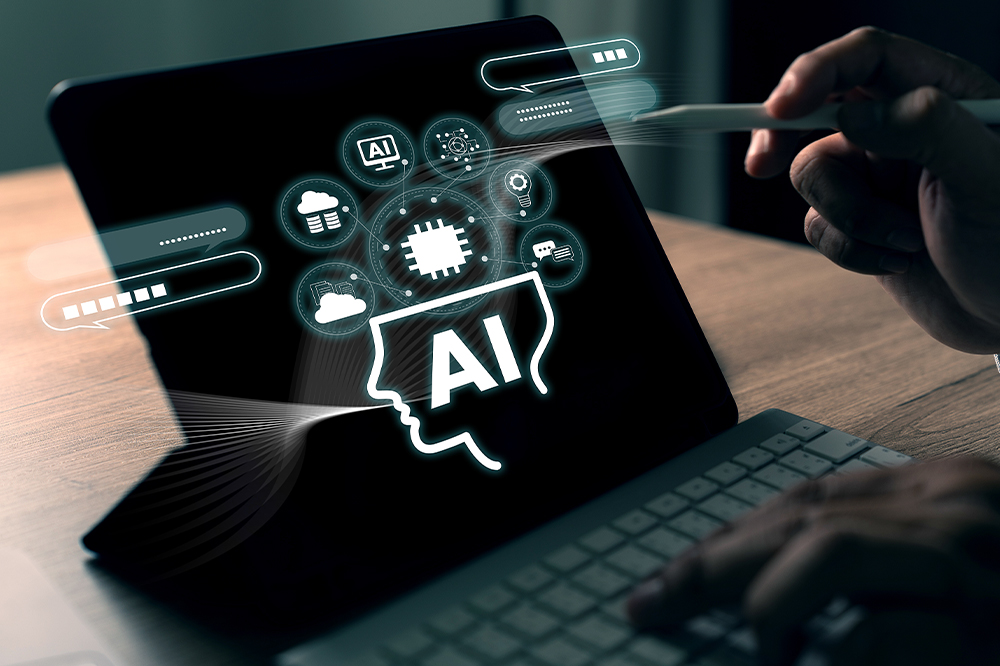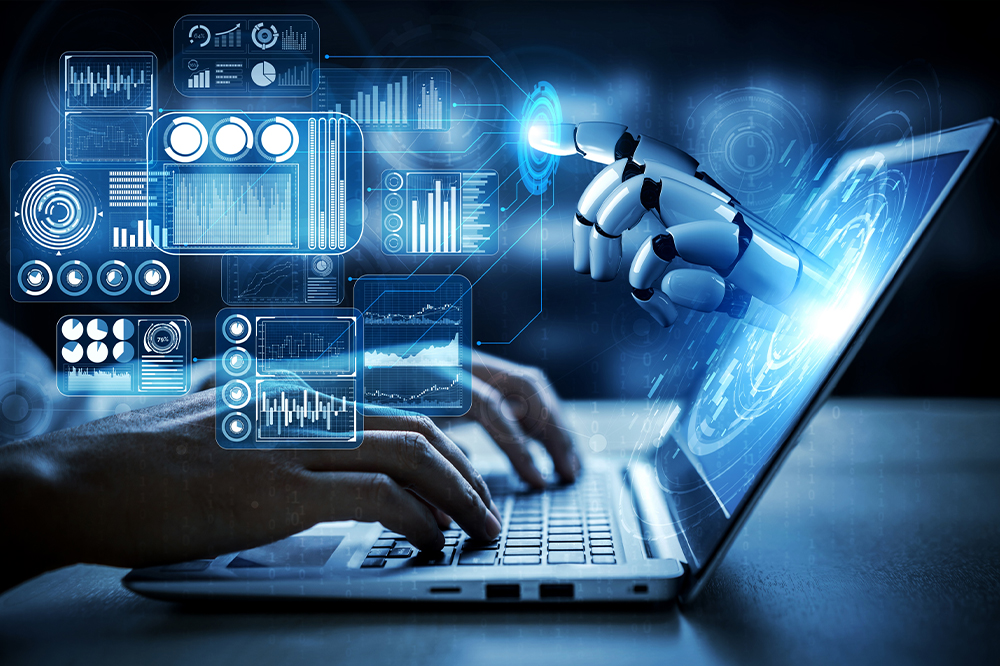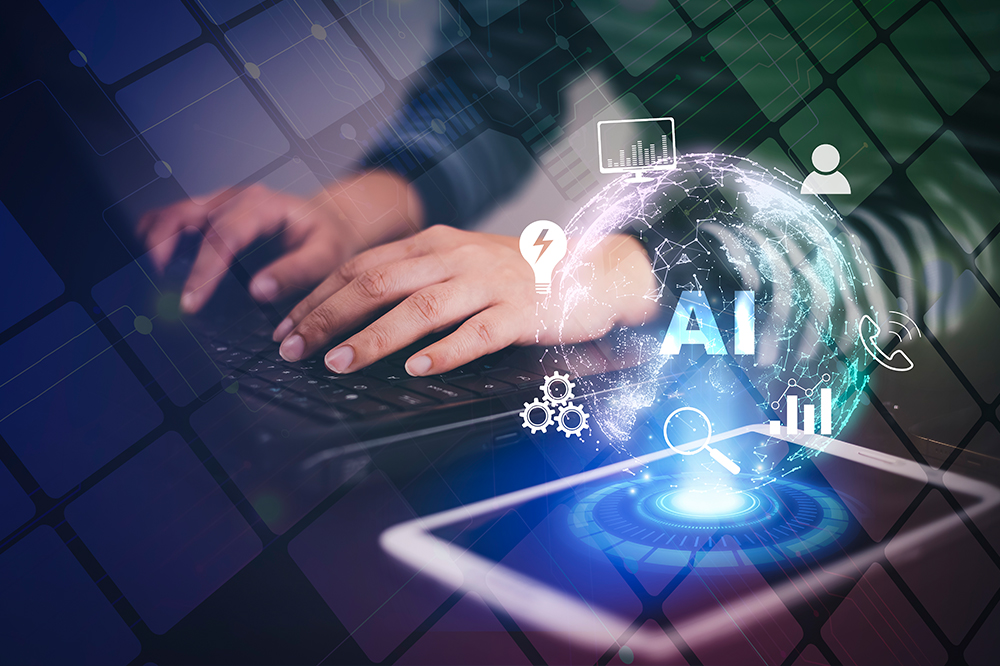The integration of artificial intelligence into various industries makes it seem like the future has finally arrived. Not in the Terminator-end-of-mankind-nuclear-war sense but more along the lines of Total Recall, helping us colonize Mars. (Arnold Schwarzenegger’s version, not the reboot. We do not speak of the reboot.) The entwining of AI into our lives was quite inevitable but that doesn’t necessarily mean it’s a bad thing.
One of the many sectors that saw a shift in their working methods and practices, was the digital marketing one. The major reshaping owed to the fact that the optimization of how businesses interact with consumers changed for the better and hence made marketing more efficient than ever. As advantageous as it seems, many firms still look the other way while toeing the AI line. As with the introduction of any technology, AI has its fair share of myths. Including taking over James Cameron’s brain to quickly make the Avatar sequels.
Let’s get into mythbuster mode and bust some of the myths.

One of the major fears amongst all humans is the notion that AI will replace them in the workforce. Artificial intelligence is meant to only augment and empower human capabilities, quickening task completion as well as giving it a whole new direction in efficiency.
This not only makes your job easier but also gives you a lot more time to focus on other critical tasks such as creative thinking and strategic marketing.
AI also enables marketers to make data-driven decisions for a better-targetted approach. By leveraging machine learning algorithms, AI can optimize ad targeting, bidding strategies, and content delivery. It can analyze user behavior, preferences, and demographics to deliver highly relevant ads to the right audience at the right time. This not only maximizes the impact of advertising but also reduces wasted ad spend, ultimately leading to better ROI for marketers.

Another fairly common myth is that AI can only be accessible by large organisations and corporations. While AI tech was initially expensive, it has become quite reasonably affordable and accessible.
Many AI-driven marketing tools and platforms are available at varying price points, catering to businesses small and big.
From chatbots and recommendation engines to predictive analytics and automated content creation, there is a wide range of AI-powered solutions that can benefit businesses regardless of their scale. So, let them help you.
AI is not a magic solution that guarantees overnight success, like every technology out there that helps mankind, it is a step-by-step process. It requires careful planning, proper implementation, and optimization.
AI algorithms need to be trained and refined over time to deliver accurate insights and improve performances in their respective field.
The true power of AI lies in its ability to enhance marketing efforts gradually, driving efficiency and effectiveness through iterative learning and optimization. Simply put, AI cannot walk before it crawls nor can it run before it can walk.

AI has revolutionized the way advertising campaigns are executed. By leveraging machine learning algorithms, AI can optimize ad targeting, bidding strategies, and content delivery. It can analyze user behavior, preferences, and demographics to deliver highly relevant ads to the right audience at the right time. This not only maximizes the impact of advertising but also reduces wasted ad spend, ultimately leading to better ROI for marketers.
One of the significant contributions of AI in digital marketing is its ability to enhance the customer experience.
AI enables marketers to harness the power of data for better decision-making. By analyzing vast amounts of consumer data, AI algorithms can uncover patterns, trends, and insights that human marketers might miss. AI-driven analytics tools also provide real-time data, allowing marketers to adapt and respond quickly to changing market dynamics.
As the digital marketing landscape continues to evolve, the role of AI becomes increasingly significant. By dispelling myths, and naysayers and embracing realities, businesses can harness the true potential of AI to drive their marketing efforts forward. While AI is not a substitute for human creativity and strategy, it serves as a powerful tool that complements and enhances the capabilities of marketers. In our fast-paced world, the quicker we get things done, the better. Although James Cameron would disagree.